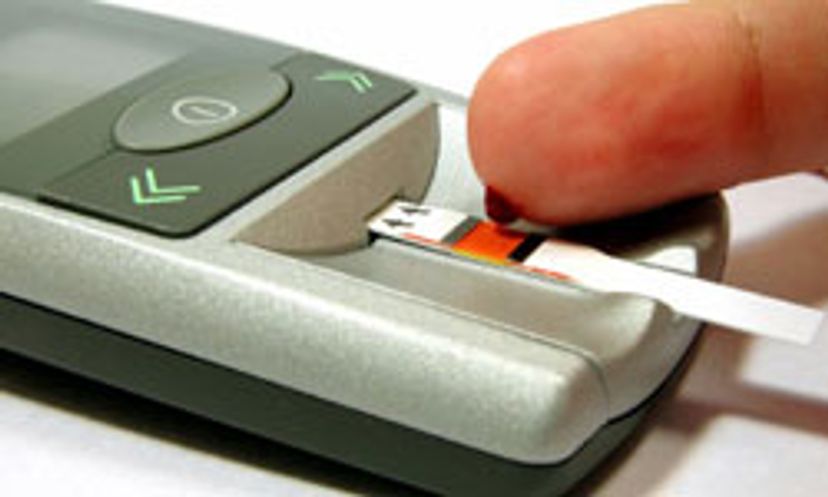
About This Quiz
If you have diabetes and take insulin, you need to frequently and consistently monitor your blood glucose levels. This task may seem difficult and cumbersome in the beginning, but it will become as easy as brushing your teeth after some time. Take this quiz and learn about monitoring your blood glucose levels.High blood sugar, known as hyperglycemia, can cause serious diabetes related health consequences if it is not managed and controlled.
It's worth the time and investment. Diligent monitoring and controlling of your blood glucose lowers your chance of diabetes health complications by 60 percent!
It's important to test your blood glucose levels several times a day. This will help you learn the unique and individualistic relationship between food, activity, medication and your blood glucose levels. Slight changes in blood glucose can be more effectively controlled if you test your blood glucose levels frequently.
Advertisement
The typical range for healthy blood glucose levels is between 70 and 120 mg/dL. Keep in mind, however, if you are recently diagnosed with diabetes it may take some time for your blood glucose levels to reach this healthy range.
The diabetes trifecta is medication, food and activity. Create a fine balance between the food you eat, the activities and exercise you do and the medication you take to maintain blood glucose levels within the average range.
Maintaining your blood glucose levels within the average range may be fairly easy if your life is very consistent. Keep in mind, however, various life situations may affect your blood glucose levels, such as travel, breastfeeding and sickness.
Advertisement
It's best to keep a diabetes diary where you can keep track of your blood glucose levels, the food you eat, the exercise you do and the medication you take. This information can be informative for both you and your health care team.
Standard practice is that people with type 1 diabetes check their blood glucose three or four times a day. Consult your doctor, however, as your specific circumstances may dictate that you check your blood glucose more often.
There are several circumstances that lead to lower blood glucose levels, such as lifting heavy things or exercising, so check your readings before, during and after these activities. You should also check your blood glucose when driving, since low blood glucose levels can lead to car accidents.
Advertisement